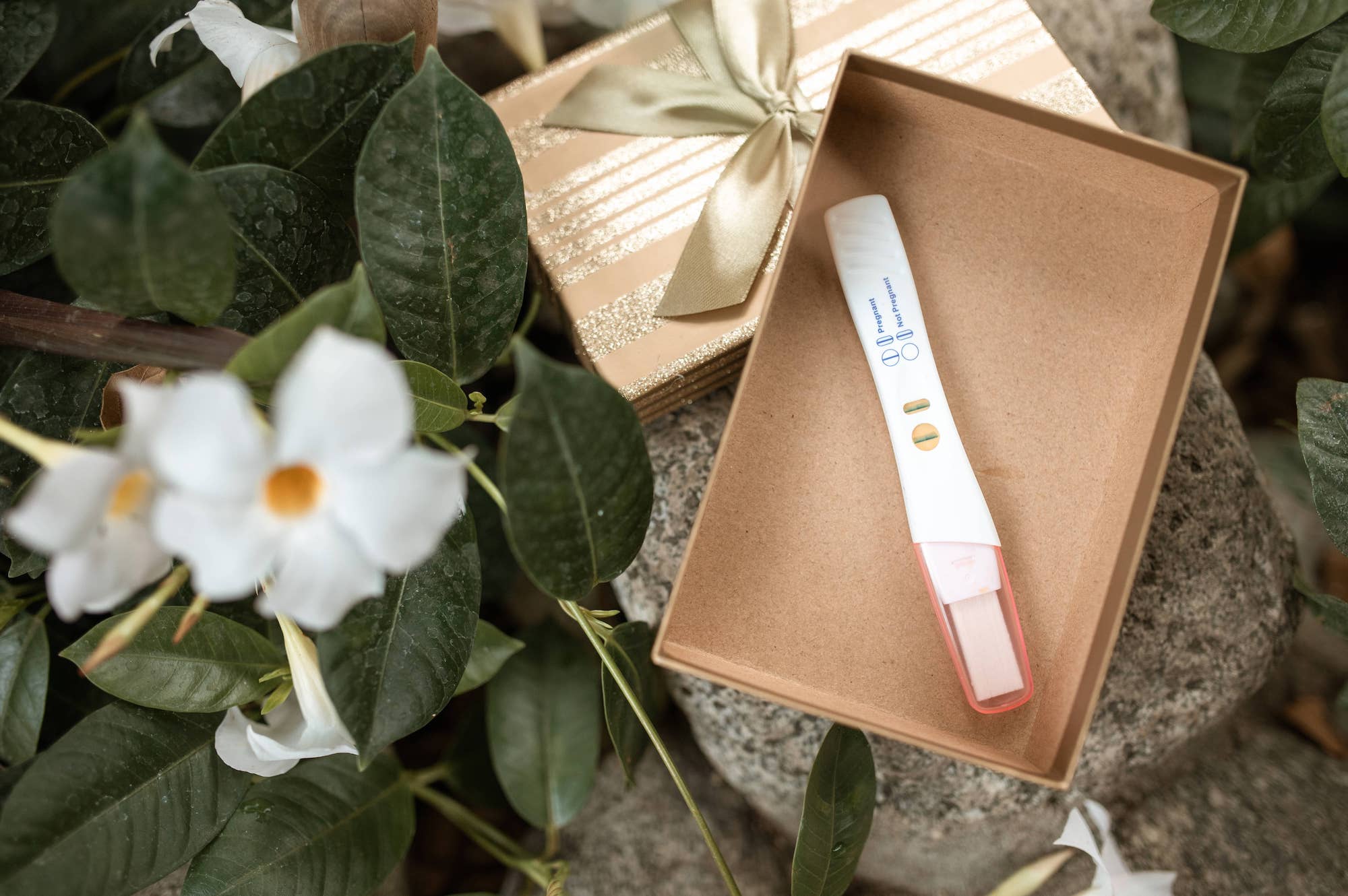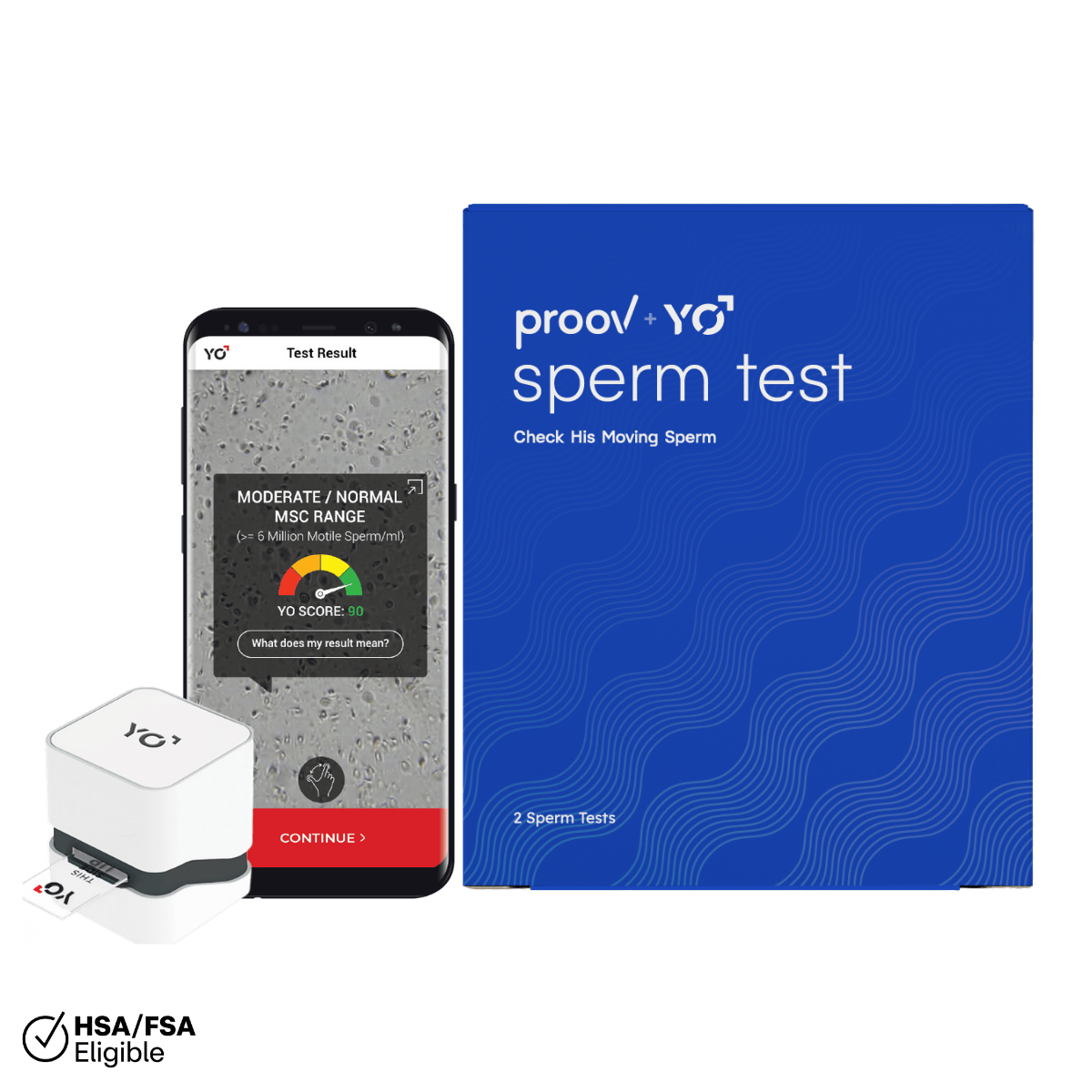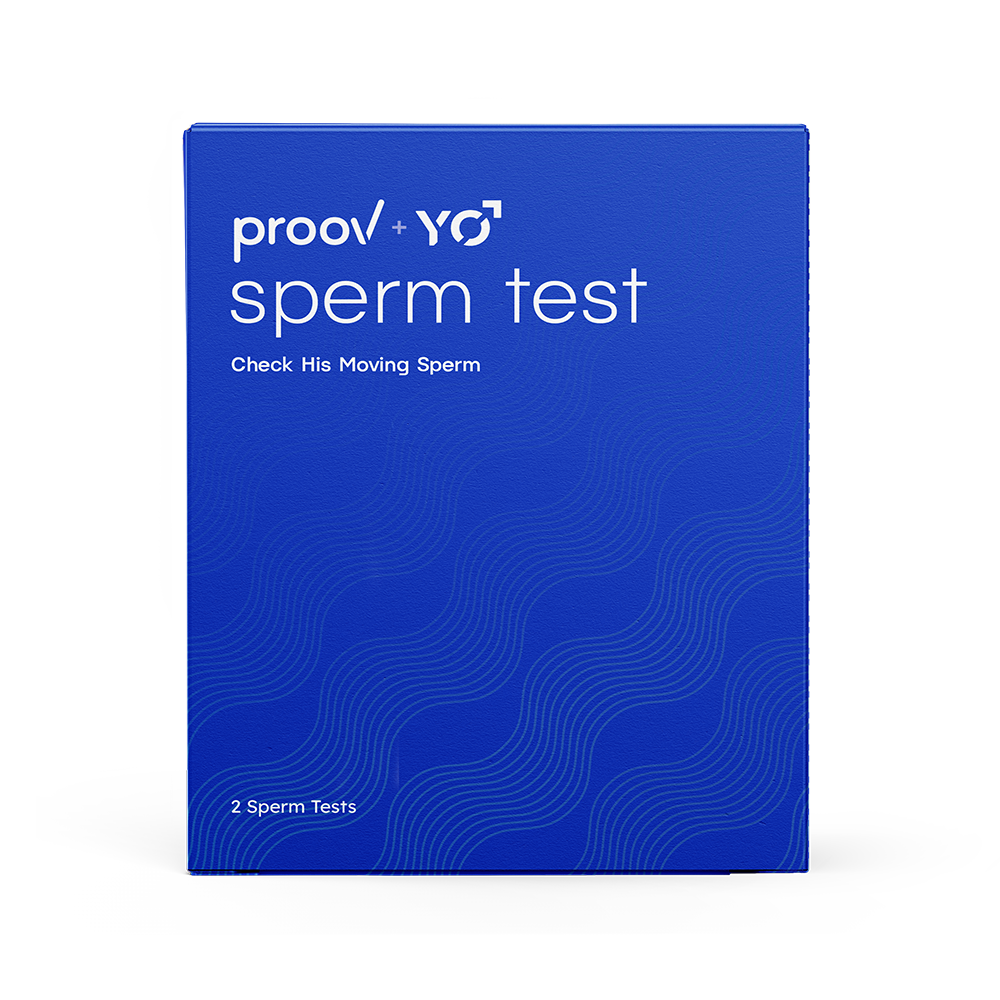So, you took an ovulation test, found out when you were most fertile, and, well, made sure sperm could meet egg. A few days later, you feel like you might be having early pregnancy symptoms — tender breasts, smell sensitivity, nausea, headache, vomiting, or unexplained tiredness.
Or maybe you’re experiencing none of these symptoms but are curious to know if you might still be pregnant. When can you take a pregnancy test after ovulation?
Let’s find out.
How many days past ovulation can you test for pregnancy?
You can take a pregnancy test 14 to 16 days after ovulation — usually after a missed period — if you’re using a urine (at-home) pregnancy test.
If you want to use a blood pregnancy test — usually done in a lab or a doctors office — you may be able to test a little earlier. Some doctors suggest taking a blood pregnancy test about six to eight days past ovulation, although other experts say to take a blood test nine to ten days after ovulation. We recommend consulting your doctor if you have specific questions.
Now, we know — it can be so hard to wait to take a pregnancy test after you know you’ve ovulated. However, there’s a reason to not test too early!
After ovulation, it takes a few days for the newly fertilized egg to travel through the fallopian tubes and into the uterus. From there it takes another few days for the embryo to find a comfortable spot to implant, where it will live and grow during pregnancy.
All in all, it can take anywhere from 7 to 10 days after ovulation for an embryo to successfully implant into the uterus and for a pregnancy to begin. Once the pregnancy starts, the placenta starts producing hCG (human chorionic gonadotropin), the pregnancy hormone.
Even then, it can take a few days for hCG to show up in your blood and urine. This is why most pregnancy tests — both blood and urine based — recommend waiting until after a missed period (about 14 days after ovulation) to begin testing.
Although, in many cases, you’ll need to take a blood test to confirm the result of a urine test, you can also take a blood test to know if you’re pregnant earlier than you can take a urine test. This is because
How early can I test with an early home pregnancy test?
While most pregnancy tests recommend waiting until 14 to 16 days after ovulation, or after a missing period, there are some at-home pregnancy tests that claim they can detect hCG as early as 5 or 6 days sooner. These tests are often more sensitive to hCG levels.
Proov Check early pregnancy tests can detect hCG up to 5 days before your next expected period, or up to 6 days before a missed period. Our tests are sensitive to hCG, and have clear lines that are easy to read and don’t bleed.
Even if you’re using an early pregnancy test like Proov Check, we always recommend confirming pregnancy with your doctor to be sure.
What should I do after I get a positive pregnancy test?
If you get a positive pregnancy test, you should see a doctor. A doctor may confirm if you’re pregnant and talk with you about your results.
You might also get a doctor’s appointment six to eight weeks into your pregnancy. During the appointment, a doctor may ask questions about any health conditions you’ve had or still have, medications and supplements you’re on, any past pregnancies and problems you might have had with it, and how safe you feel with the people you live with. You’ll also go through a physical exam.
You might also need to make some lifestyle changes when you become pregnant. Here are some tips from the Office on Women’s Health on staying healthy during pregnancy:
- Avoid taking alcohol or smoking. Alcohol and tobacco can affect your and your baby’s health.
- Eat nutrient-rich foods and more protein, calcium, iron, and folic acid.
- Stay hydrated. Take as much as 10 cups of fluids daily. You can get your water intake from water-rich foods, fruits, water, juice, and tea.
- If you take caffeine at all, take less than 12 ounces of coffee or 200 mg of caffeine a day.
- Do low-impact exercises like walking, dancing, and swimming. Your doctor can confirm vigorous workouts you can do while pregnant.

You may need to change some lifestyle habits after becoming pregnant.
What if I’ve been tracking ovulation and am still not getting pregnant?
If you’ve been tracking ovulation and you haven’t gotten pregnant, you may not be ovulating successfully. In fact, problems with ovulation — including lack of ovulation or lack of sufficient progesterone production after ovulation — are the #1 cause of infertility in women.
Proov Confirm is the first and only FDA cleared PdG (progesterone metabolite) test to confirm successful ovulation at home. Elevated and sustained PdG levels after ovulation signal successful ovulation, which allows for a higher chance at successful pregnancy.
Testing for pregnancy can be exciting and nerve-wracking all at the same time. Understand when exactly you can test will help you be prepared for when the time comes!













